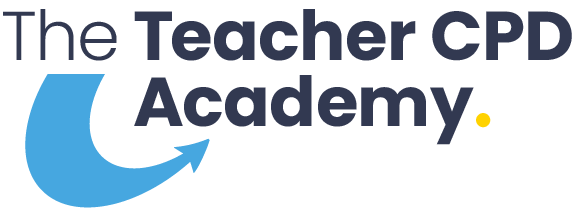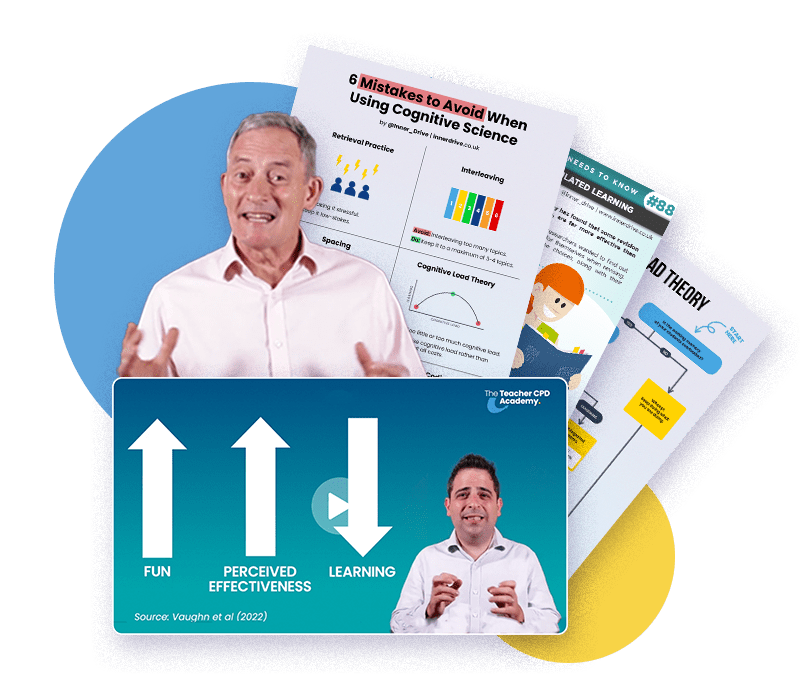Interactive Courses.
Plus, each course has a discussion forum where staff can ask questions and exchange Teaching & Learning ideas with other educators from around the world.
Mindset
Oracy for Learning
Delivering Feedback
Cognitive Load Theory
Metacognition
Resilience and Motivation
Retrieval
Practice
Growth
Mindset
Cold-Calling and Wait Times
Developing Creativity
Improving Attention
Developing Independent Learners
Understanding Students' Social and Emotional Needs
Spacing, Interleaving and Dual Coding
Becoming Evidence-informed
Asking Effective Questions
Clear Explanations
Homework
Developing Schema
Scaffolding
Adaptive Teaching
Interactive Courses.
Expert Insights & Keynotes.
directly from world-renowned education experts and researchers.

You can expect insights from:
Jade Pearce
Pippa Busch
Paul Caldarella
Katie Holmes
Kripa Sundar
Mustafa Sarkar
Sarah Oberle
Cat Scutt
+ many more!
John Hattie
Faria Sana
Jade Pearce
Paul Caldarella
Katie Holmes
Kripa Sundar
Mustafa Sarkar
Sarah Oberle
Cat Scutt
+ many more!
Expert Insights & Keynotes.
Doug Lemov
John Hattie
Faria Sana
John Dunlosky
And more... Jade Pearce, Becky Anderson, Pippa Busch, Paul Caldarella, Katie Holmes, Blake Harvard, Kripa Sundar, Mustafa Sarkar, Alice Latimier, Sarah Oberle, Cat Scutt...
John Hattie
Faria Sana
Jade Pearce
Paul Caldarella
Katie Holmes
Kripa Sundar
Mustafa Sarkar
Sarah Oberle
Cat Scutt
100+ Reading Resources.
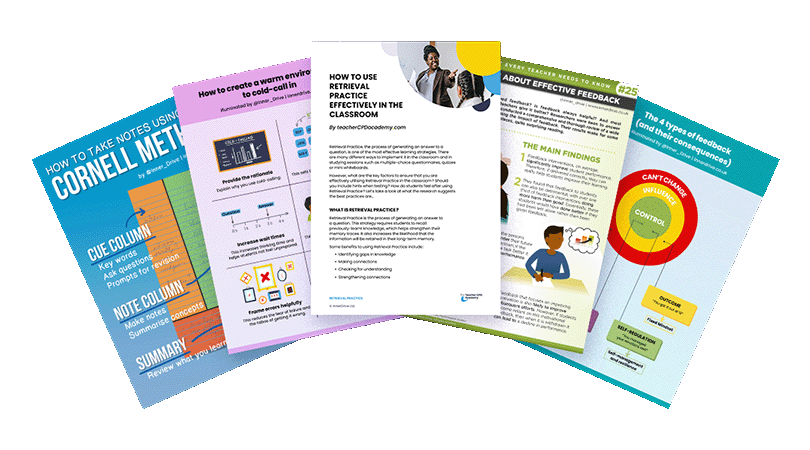
Lesson Materials.
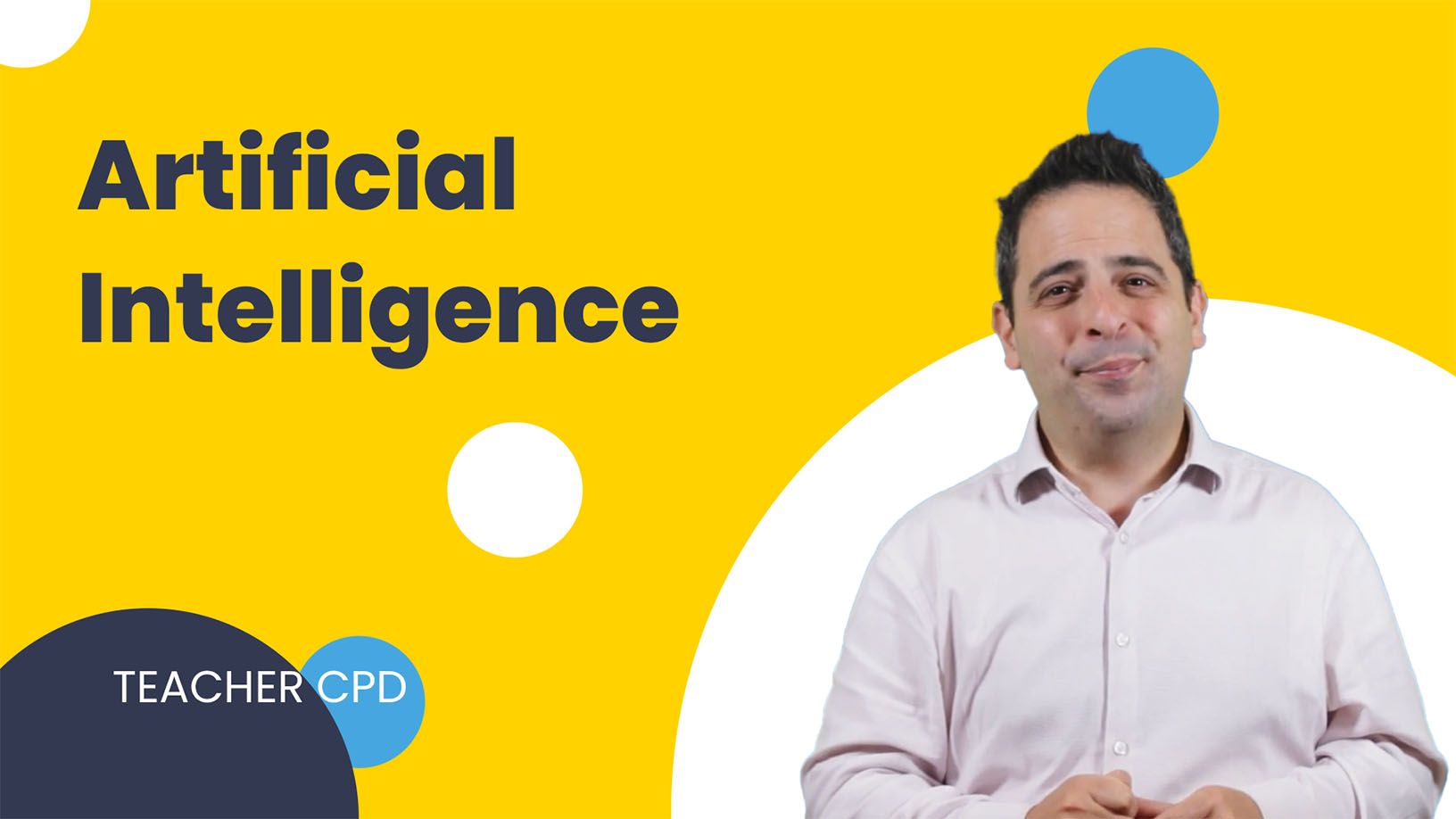
15 MIN
Artificial Intelligence
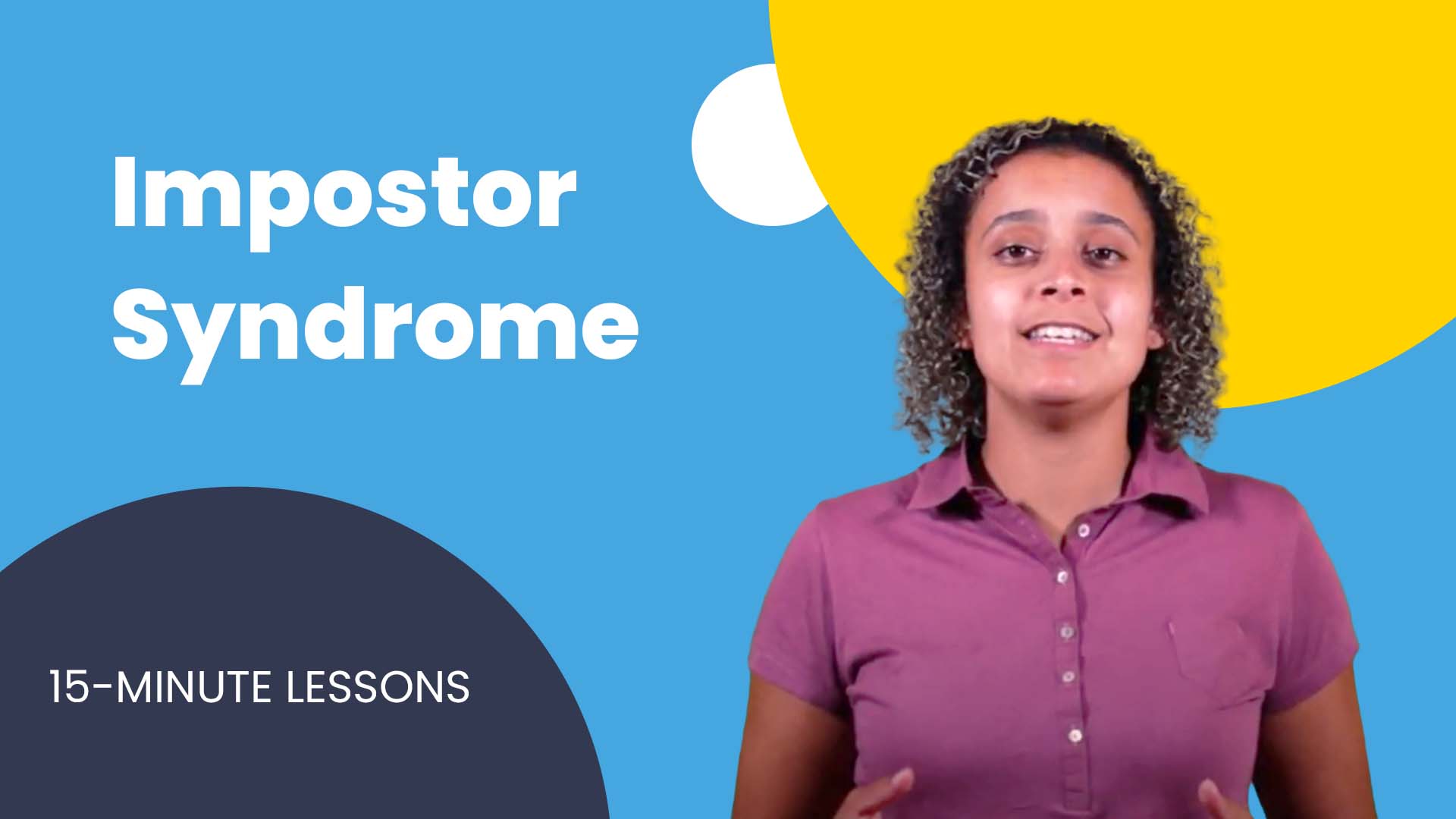
15 MIN
Imposter Syndrome
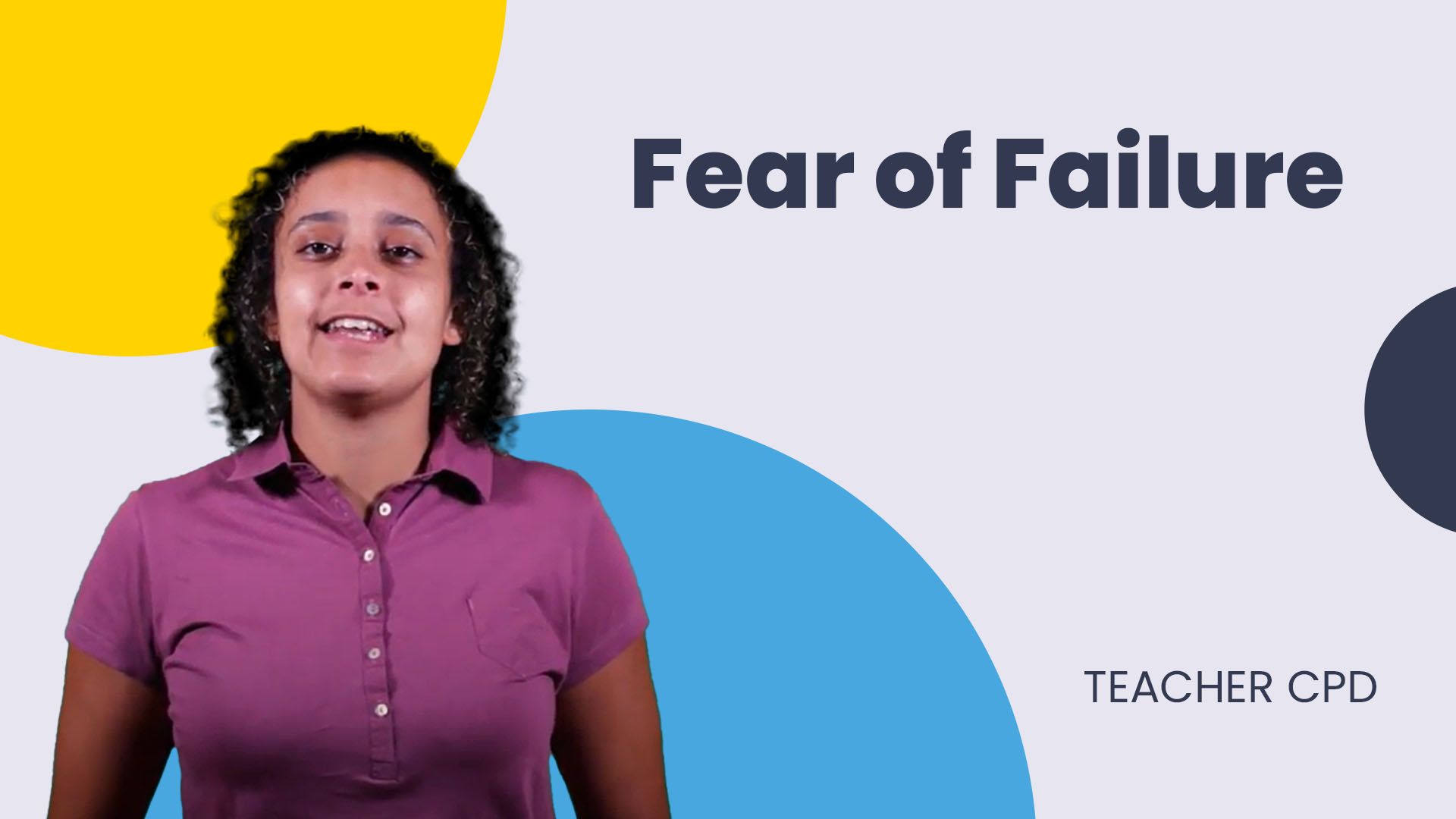
15 MIN
Fear of Failure
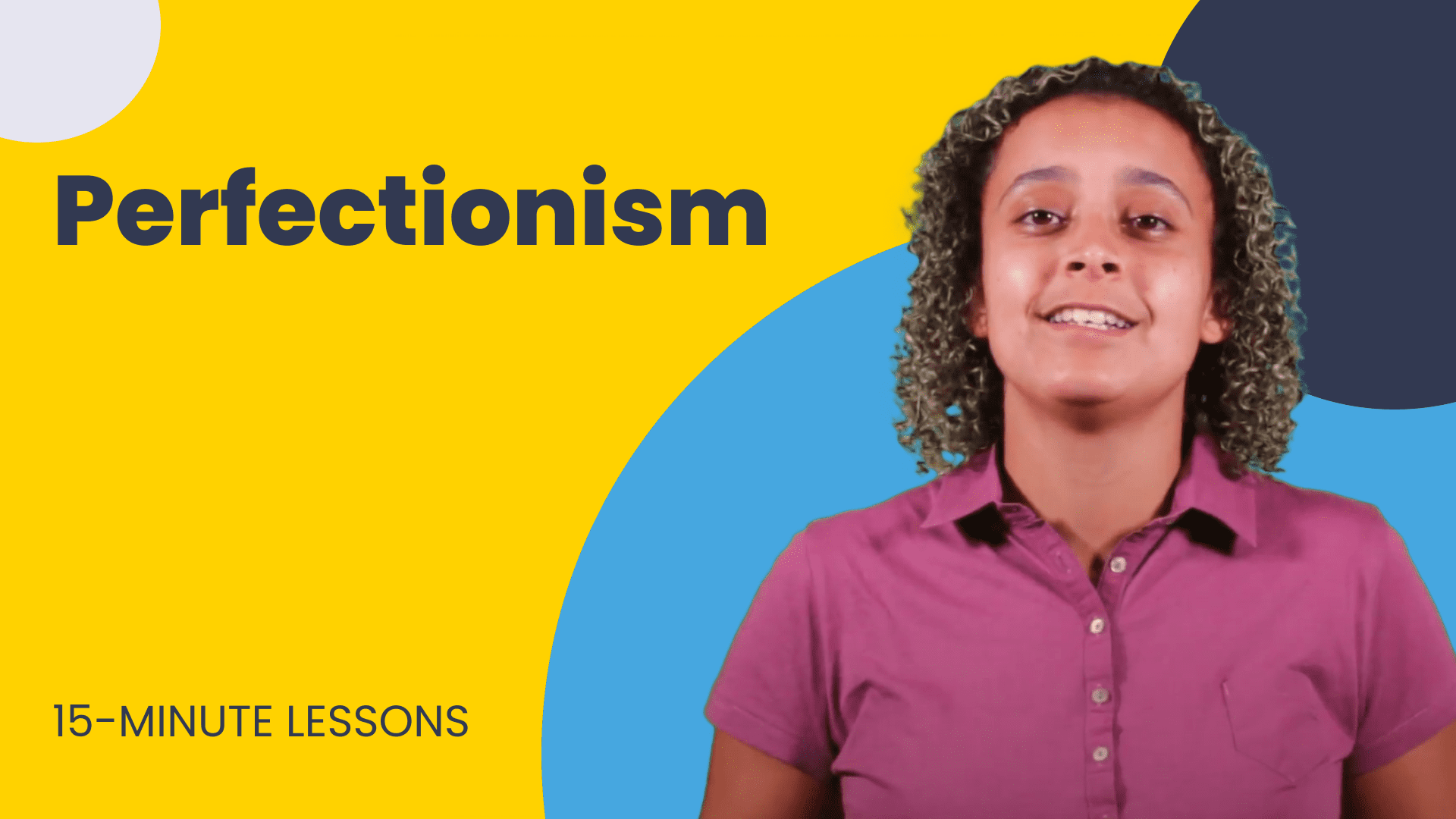
15 MIN
Perfectionism
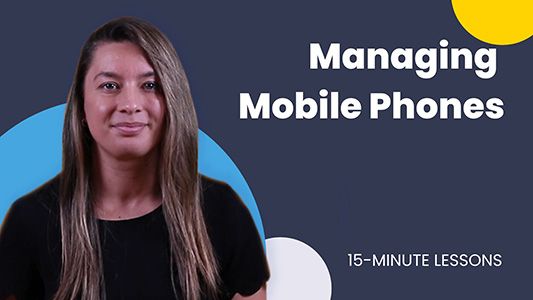
15 MIN
Managing Mobile Phones
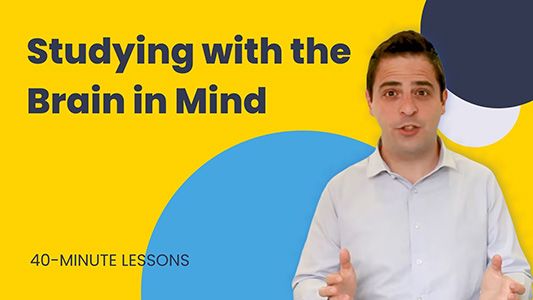
40 MIN
Studying with the Brain in Mind
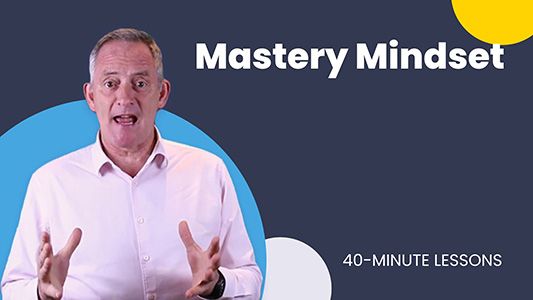
40 MIN
Mastery Mindset
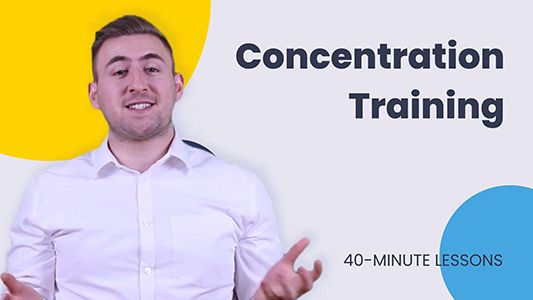
40 MIN
Concentration Training
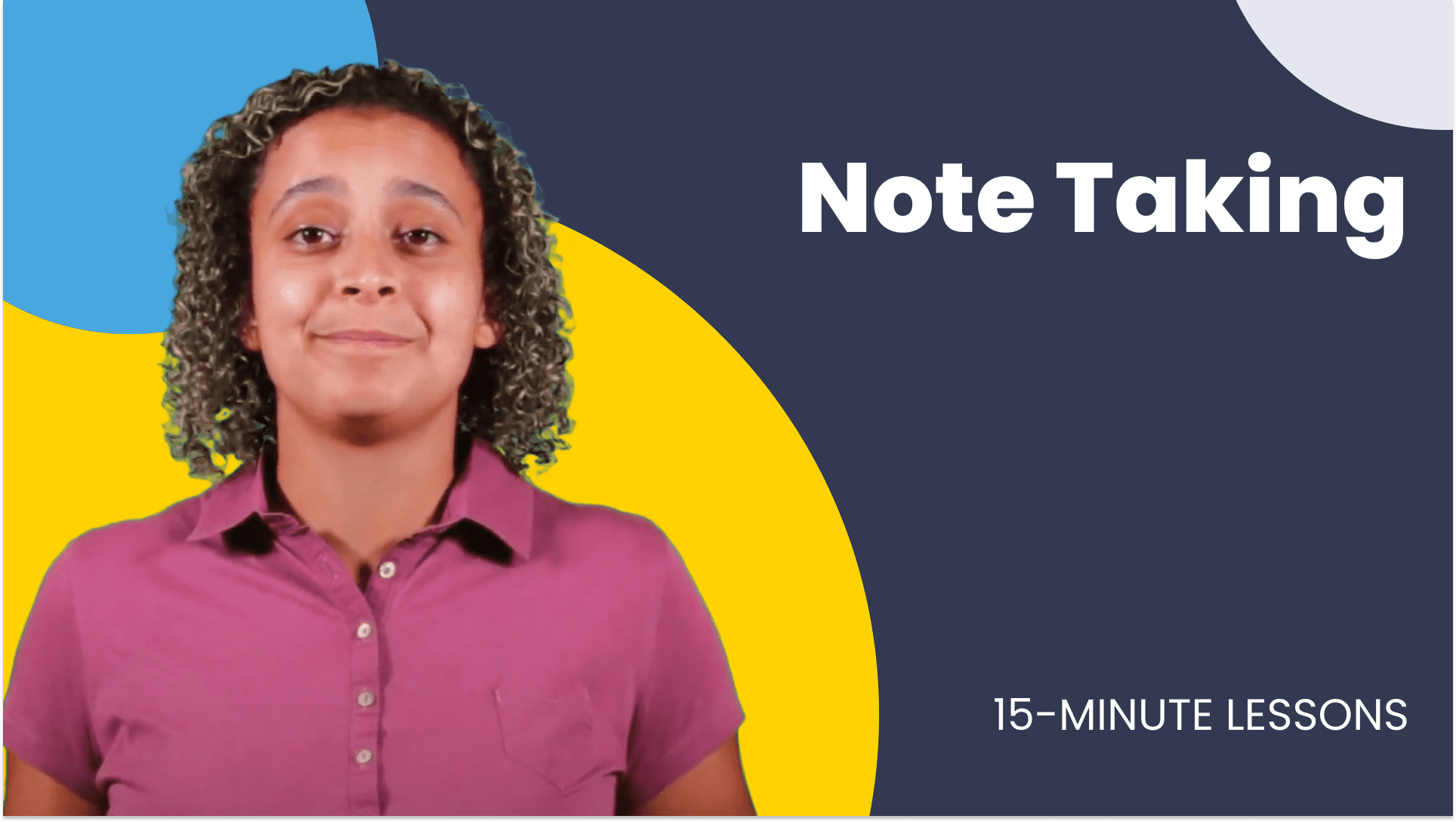
15 MIN
Note Taking
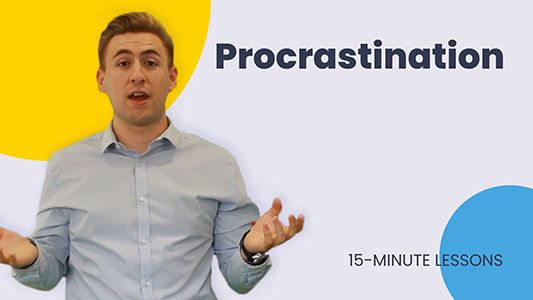
15 MIN
Procrastination
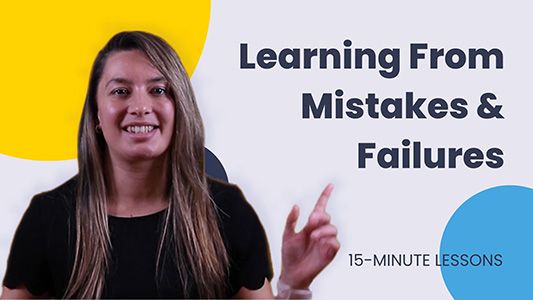
15 MIN
Learning From Mistakes & Failures
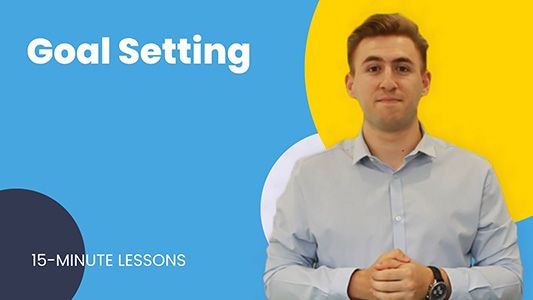
15 min
Goal Setting

15 MIN
Asking For Feedback
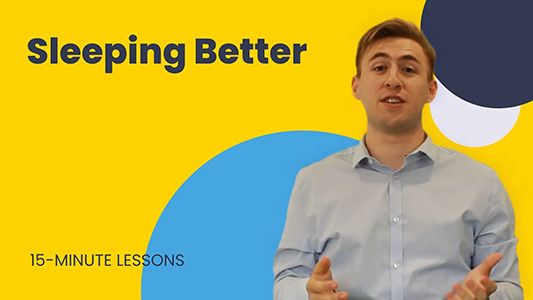
15 MIN
Sleeping Better
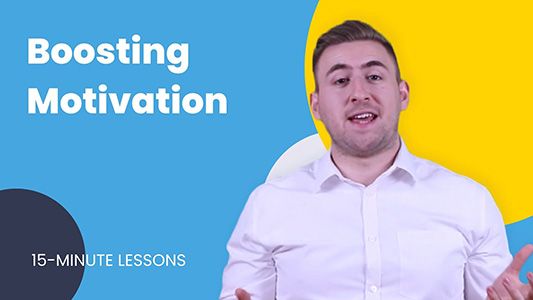
15 MIN
Boosting Motivation

Impostor Syndrome

Fear of Failure

Perfectionism

Concentration Training

Managing Mobile Phones

Studying with the Brain in Mind

Mastery Mindset

Goal Setting

Note Taking

Procrastination

Learning From Mistakes & Failures

Boosting Motivation

Asking For Feedback

Sleeping Better

Artificial Intelligence
Check out our latest content.
Cognitive Science research is constantly evolving, and so is the Teacher CPD Academy. Here are our latest topic areas for you to try.
Developing Independent Learners
Phonics and Prior Knowledge
Don't miss out...

Members of the Senior Leadership Team from your school or college now get access to the Cognitive Science Network.
Monthly seminars
Networking
Exclusive resources

Please fill the form in below and we will get back to you as soon as we can. We look forward to hearing from you!
